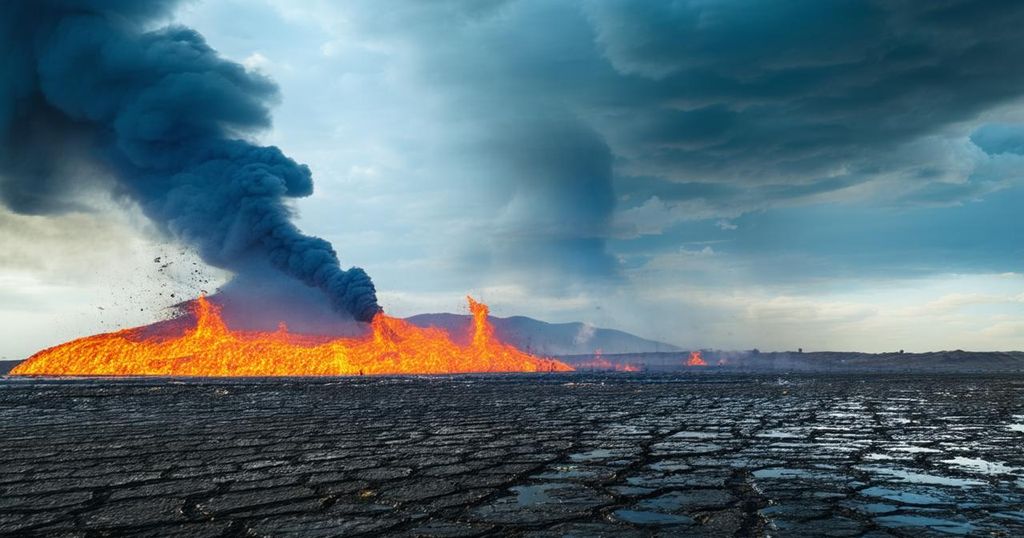UN Warns of Dire Consequences of Climate Inaction Ahead of COP29

United Nations Secretary-General Antonio Guterres has warned that the world is facing severe repercussions due to insufficient climate action, with temperatures projected to rise by over 3 degrees Celsius by 2100 under current policies. A recent report emphasizes the need for immediate and ambitious emissions reduction commitments ahead of the COP29 summit to avoid catastrophic consequences, particularly for vulnerable populations globally.
The world is experiencing the dire consequences of inadequate responses to climate change, as emphasized by United Nations Secretary-General Antonio Guterres. A recent UN report indicates that if current policies persist, global temperatures could rise by over 3 degrees Celsius (approximately 5.4 degrees Fahrenheit) by the century’s end, a significant deviation from the 1.5 degrees Celsius (2.7 degrees Fahrenheit) cap established in the Paris Agreement nearly a decade ago. This impending rise threatens to unleash a cascade of catastrophic environmental effects. The Emissions Gap Report underscored the urgency of this situation, revealing that without robust measures to reduce greenhouse gas emissions, the world could experience a temperature increase of up to 3.1 degrees Celsius (5.6 degrees Fahrenheit) above pre-industrial levels by 2100. Such warming would have devastating implications, particularly for the most vulnerable populations who are already facing the brunt of extreme weather events, including typhoons, floods, and droughts across various regions. In recent years, global emissions have reached record levels, increasing by 1.3 percent in 2023 alone, thus highlighting the inadequacy of current climate commitments. As nations prepare to convene for the COP29 summit in Baku, Azerbaijan, scheduled for next month, the need for enhanced action and ambition in their Nationally Determined Contributions (NDCs) becomes paramount. Experts assert that a reduction of 42 percent in annual emissions by 2030 is essential to maintain any hope of adhering to the 1.5 degrees Celsius target now viewed as increasingly unattainable. With the responsibility resting heavily on wealthy G20 nations, which are accountable for nearly 80 percent of global emissions, the emphasis is on these countries to exhibit significant ambition in their upcoming NDCs. The international community’s inaction, particularly among major economies, serves as a warning signal that time is running out to avert a climate crisis of unprecedented scale and complexity.
The recent UN report is a crucial analysis of the effectiveness of global climate policies and their alignment with targets set in the Paris Agreement. It assesses countries’ commitments to reducing greenhouse gas emissions and the resulting projections for global temperature rises. The focus is on the urgent need for transformative actions prior to important global summits, such as COP29, where nations negotiate their climate strategies for the coming years. The findings reveal a stark disconnect between commitments made and the necessary actions required to meet established climate goals.
In summary, the global community is at a critical juncture regarding climate action. The latest UN report serves as a stark reminder of the consequences of inaction, urging immediate and substantial commitments to emission reductions. The emphasis on the role of G20 nations in leading this charge is crucial, as their actions will significantly influence global temperature outcomes. Thus, as the world prepares for COP29, the need for concrete strategies and ambitious targets is more pressing than ever.
Original Source: www.aljazeera.com






